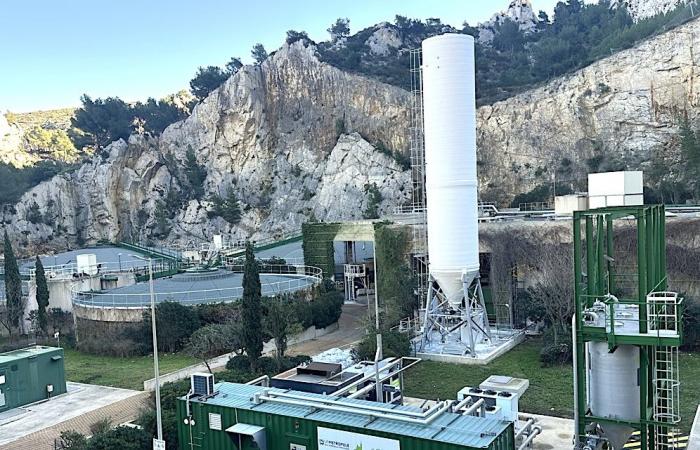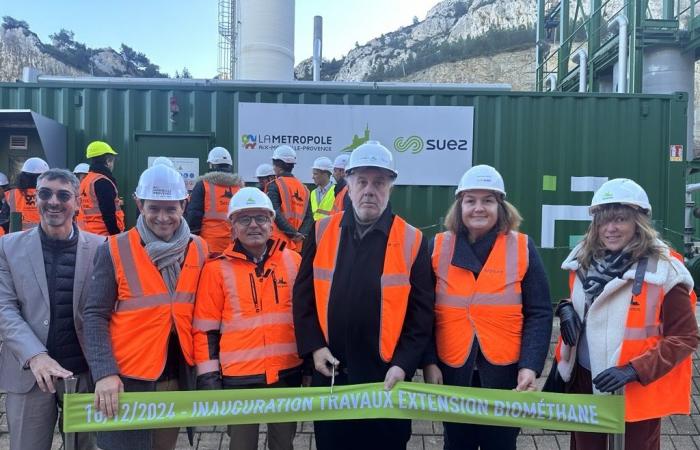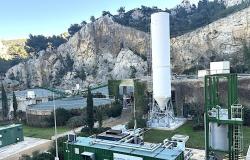When wastewater becomes green energy. Since 2019, the Sormiou plant has transformed Marseille sludge into renewable gas. Today, it is moving up a gear with production increased by 35%.
Between the coves of Sormiou and the urban excitement of Marseille, a small ecological revolution is taking place in silence. Where many only see wastewater, the biomethane plant finds a resource of the future.
Since 2019, this infrastructure has transformed wastewater from 17 municipalities into renewable gas, injected directly into the public network. A technological feat which is now gaining momentum thanks to a strategic extension.
This biomethane, as efficient as fossil gas, was nevertheless born from a very different approach: it promotes local resources by focusing on a circular economy. Since its creation, the Sormiou biomethane unit has established itself as a national model, making Marseille one of the leading players in green innovation.
A transformation that smells of the future
The sludge from the treatment plant goes through a real technological facelift: purification, odorization and transformation into biomethane. This process, which might seem esoteric, now makes it possible to produce 37,000 MWh per year, an increase of 35% compared to its initial capacity. These impressive figures are the result of a fruitful partnership between Seramme – Suez and the Aix-Marseille-Provence Metropolis.
“This biomethane production unit embodies our ambition for sustainable development. It supports clean mobility, promotes an energy transition and improves the quality of life of residents”said Roland Giberti, vice-president of the Metropolis, during the inauguration of the extension, this Monday, December 16.
4,000 homes powered by 2025
The concrete results are already palpable in homes. More than 3,000 households in the Soude district, in 9e district, benefit from more ecological heating. Thanks to this renewable energy, these homes also reduce their carbon footprint.
By 2025, the plant should be able to heat 1,000 additional homes, bringing the number of homes powered by this green energy to 4,000.
With an investment of 500,000 euros self-financed by biogas sales and public subsidies, the project shows that innovation can be economically viable and ecologically beneficial. The Metropolis has a clear ambition: to reduce its CO2 emissions while strengthening its energy independence.
The Metropolis is now aiming for other developments, in particular strengthened collaborations with social landlords to equip more homes or even campaigns to raise awareness of green energy among residents.
The key figures of the project
- Annual production : 37,000 MWh (an increase of 35% since 2019).
- Number of homes supplied : 4,000 by 2025.
- Total investment : 500,000 euros, financed by biogas sales and public subsidies (Water Agency, ADEME).
- CO2 reduction : an impact 14 times less than fossil gas.







